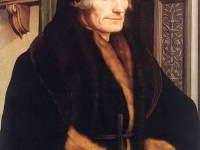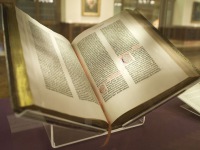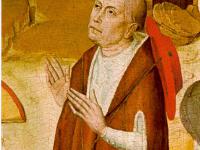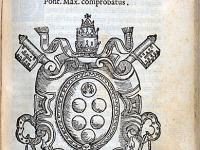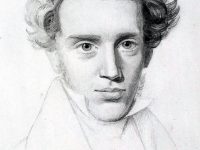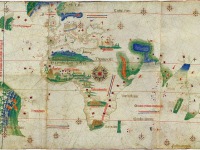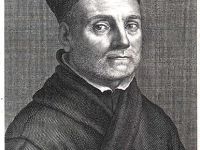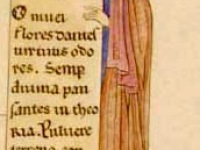Erasmus of Rotterdam – Prince of the Humanists
On October 27, 1466, Dutch Renaissance humanist, Catholic priest, social critic, teacher, and theologian Desiderius Erasmus Roterdamus, also known as Erasmus of Rotterdam was born. He was the dominant figure of the early-16th-century humanist movement. Besides others, he is also namesake of the European Erasmus funding programme, the world’s largest support programme for stays abroad at universities that financed about 1 million scholarships in its first 15 years. “No Man is wise at all…
Read more

